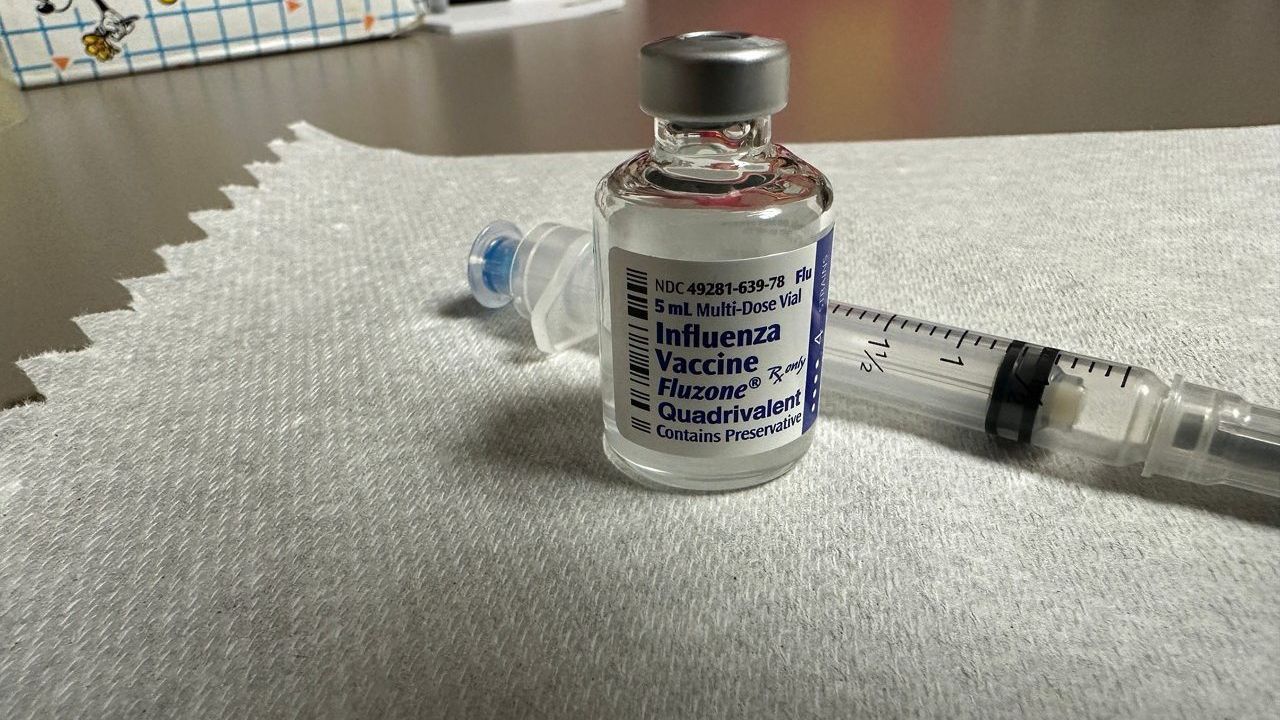COLUMBUS, Ohio — With flu season is around the corner and COVID-19 variants still spreading, a new survey from The Ohio State University Wexner Medical Center shows many people are hesitant around vaccines this fall.
The study surveyed 1,006 people, and found that more than 37% of them don't plan to get vaccines this year, despite getting them in the past. The same percentage of respondents also said they don't feel the need to get any of the vaccines mentioned in the poll — flu, COVID-19, pneumococcal and respiratory syncytial virus (RSV).
“We’re at the start of respiratory virus season when you have the triple threat of flu, COVID-19 and RSV. Unfortunately, there is a lot of misinformation about vaccinations, but the reality is that they are safe and highly effective in preventing serious illness and death. Older adults, people with certain chronic medical conditions and those who are pregnant are especially at risk during respiratory virus season,” said Dr. Nora Colburn, medical director of clinical epidemiology at Ohio State’s Richard M. Ross Heart Hospital in a release.
Results also showed that around 56% of adults have either gotten or plan to get the flu shot this fall, 43% have either gotten or plan to get the COVID-19 vaccines and those 65 and older are most likely to get the recommended vaccines.
The Centers for Disease Control and Prevention has the following recommendations for vaccines:
- Flu: Annual vaccination is recommended for everyone age 6 months and older
- COVID-19: Updated vaccination is recommended for everyone age 6 months and older
- RSV: Everyone age 75 and older, adults age 60-74 who are at increased risk of severe disease and pregnant people during weeks 32-36 from September to January
- Pneumococcal: Everyone younger than 5 years and age 65 and older. Additionally, vaccination is recommended for children and adults at increased risk of severe disease
“Vaccinations play a critical role in helping keep individuals and communities healthy. Other things you can do is to stay home when sick, avoid those who are sick and wear a mask if you’re not feeling well and going out of your home. All of these things can help prevent you from getting sick and spreading it to others,” Colburn said in a release.



